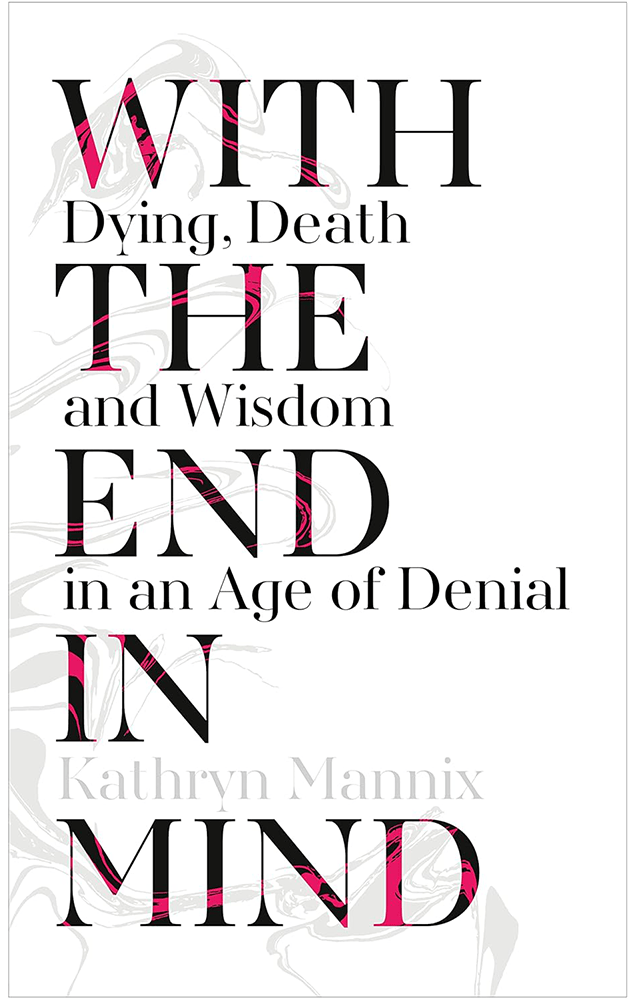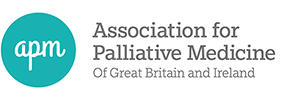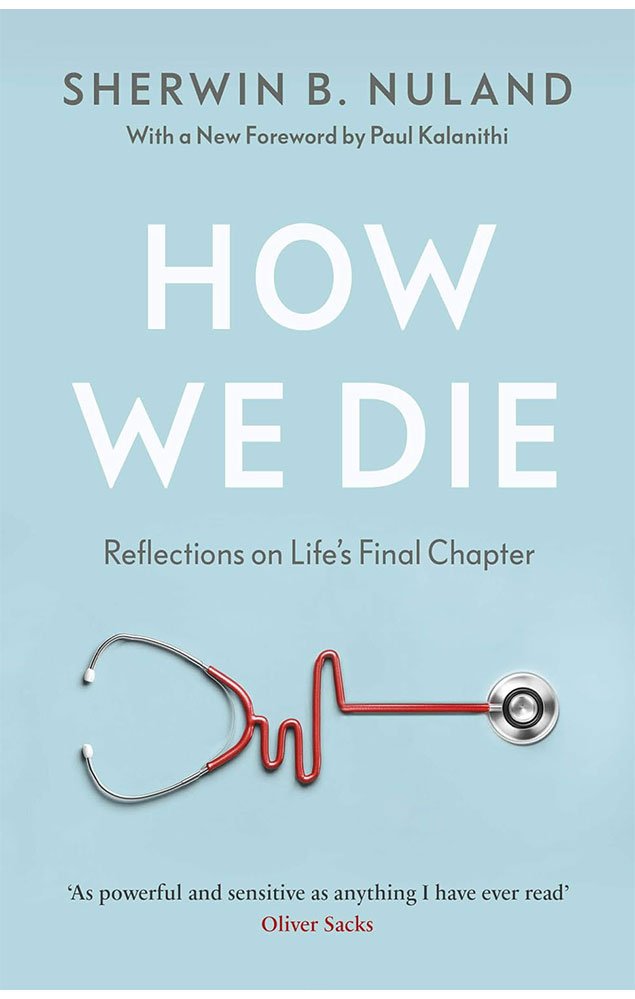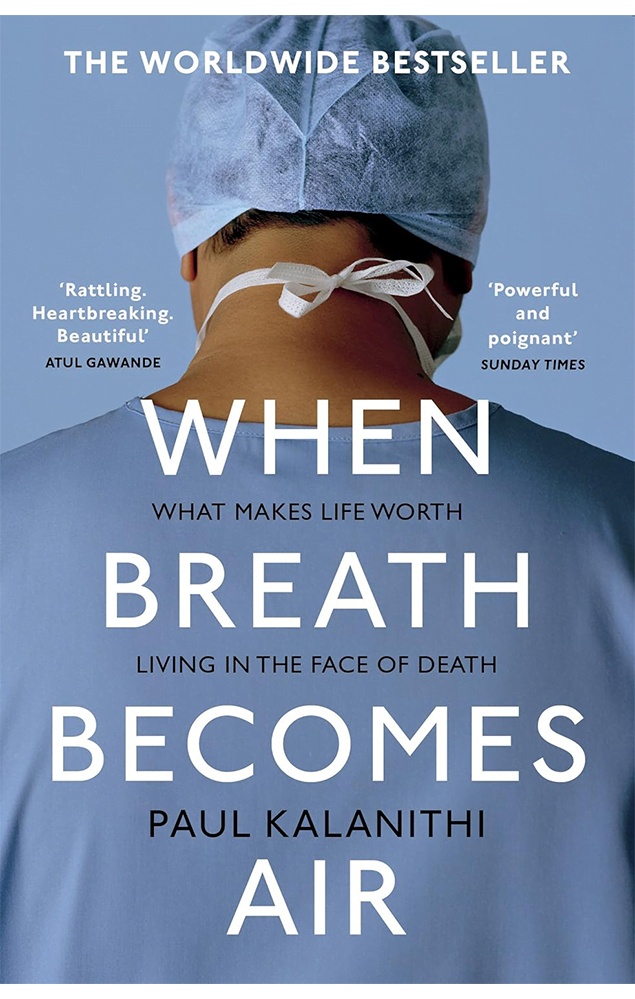Numerous resources are available for those looking to pursue a career in palliative medicine across the British Isles and internationally, too.
External Learning Resources
There are numerous other organisations that offer excellent palliative care resources for nurses, doctors and students. A great place to start is with the BMJ Supportive and Palliative Care Journal or with the Palliative Medicine Journal. Alternatively, you can find more resources below.

Association for Paediatric Palliative Medicine
Association of British Neurologists
British Association for Cancer Research
British Cardiovascular Society
British Geriatric Society
British Heart Foundation
British Society of Gastroenterology
British Thoracic Society
Cancer Research UK
CLIC Sargent
Cochrane Guidelines
E-Learning: End of Life Care for All (e-ELCA)
E-Learning for Healthcare
Ehospice
General Medical Council
HIV
Homeless Palliative Care
Hospice UK
IAHPC
Marie Curie
Macmillan Cancer Support
National Institute for Clinical Excellence (NICE)
Radcliffe Cardiology Booklet
Royal College of General Practitioners (RCGP)
Royal College of Physicians
Royal Medical Benevolent
SIGN Guidelines
TED Talk from Dr Mark Taubert
Teenage Cancer Trust
The Department of Health
The Royal Marsden NHS Foundation Trust
The National Cancer Research Institute
UCL Dementia Carers COVID-19 decision aid
All Ireland Institute of Hospice and Palliative Care
Irish Medical Council
Assisted Decision Making
Irish Palliative Medicine Consultants’ Association
Department of Health
Management of Constipation in Adult Patients Receiving Palliative Care
Department of Health National Clinical Effectiveness Committee
National Clinical Guidelines
HSE Palliative Care Clinical Programme
Pharmacological Management of Cancer Pain in Adults
HSE Palliative Care Clinical Programme – Resources
RCPI
Irish Association for Palliative Care
RCPI Higher Specialist Training
Irish Cancer Society
Sláintecare
Irish Hospice Foundation
Northern Ireland Cancer Network
RCPI
American Association for Cancer Research
International Agency for Research on Cancer
Cancer Australia
National Cancer Institute
Cancer Research Institute of Northern Alberta
Ontario Institute for Cancer Research
European Association for Cancer Research
Worldwide Cancer Research
European for Palliative Care
World Cancer Research Fund International
SCE Resources
The Palliative Medicine Speciality Certificate Examination (SCE) is the examination taken towards the end of speciality training, often in the penultimate year. Trainees must pass this in order to be eligible for the Certificate of Training (CCT).
The exam is held every 9 months and consists of 200 multiple-choice questions based on the Speciality Training Curriculum for Palliative Medicine, published by the Joint Royal Colleges of Physicians Training Board (JRCPTB). The exam lasts six hours, with a break for lunch, taking place at a selection of invigilated VUE test centres across the UK and internationally.
The APM is offering a full discount on purchases made after October 2021 on the PallMedpro SCE revision flashcards for APM members taking the SCE. The flashcards are an excellent palliative care resource for medical students as they are an unofficial interactive reference resource from Pallmedpro available on your phone, tablet or laptop. There are over 500 flashcards in 14 categories relevant to the exam, including but not limited to:
- Management of Emergencies
- Cochrane Reviews
- NICE
- BTS and other UK Guidelines
- Aspects of the Law
- Pharmacology

They’re illustrated and contain learning quizzes, plus a mock exam to help test your knowledge. You’ll need an app called Flashcard Hero (available on Windows, MacOS, iPAD OS and iOS) to use the resource. The usual cost is £30, and we will be able to reimburse the full amount, leaving you liable only for the £2.99 cost of the Flashcard Hero app.

How To Claim Your Reimbursement
This is an APM member benefit. After purchasing the flashcards through the PallMedPro Website and registering for the SCE examination, APM members should:
- Download and complete the APM flashcard expense claim form
- Send the completed form with your receipt and evidence of SCE registration to office@compleat-online.co.uk or via post to the Association for Palliative Medicine, 8 Barnes Wallis Road, Fareham, Hampshire, PO15 5TU.
- Once the claim has been approved, you will be reimbursed for the cost of the flashcards. Please note: approval of expenses can take up to 5 working days.
For tips and support on becoming a new consultant, please view our helpful guide.
Education Resources
Here, you can access a range of information and resources pertaining to Palliative Medicine. Follow the links below to find out more.
Useful Books
The APM has received some feedback from our members on various reading materials that make excellent palliative care resources for medical students. A mixture of both practical and prose, these are the texts that some of our members thought others might benefit from:
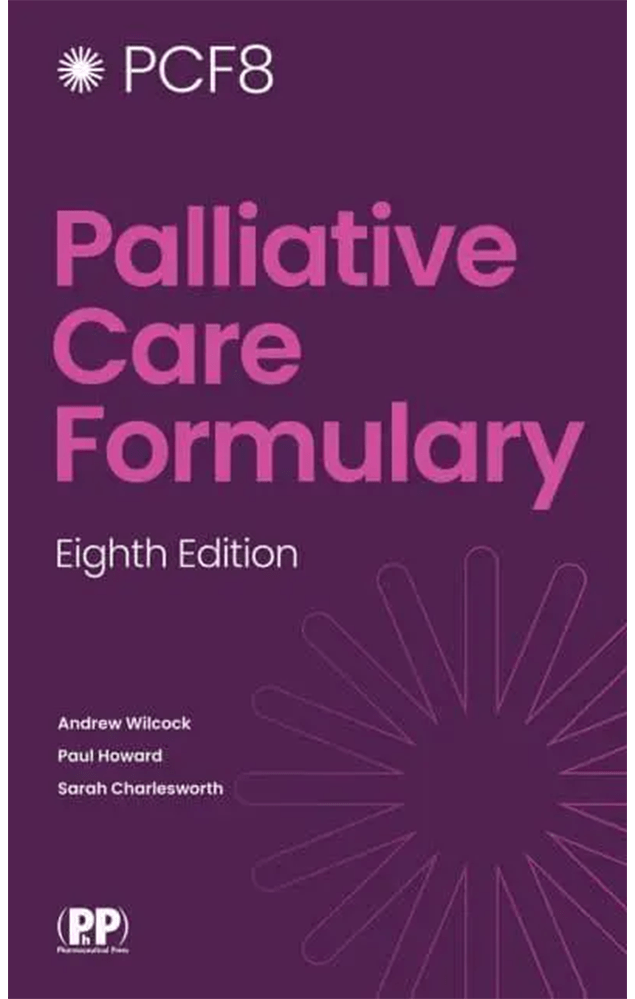
Factual
Palliative Care Formulary (PCF 8). 8th Edition (UK), Editors – Andrew Wilcock, Paul Howard, Sarah Charlesworth
Covering all aspects of palliative care for the pharmacist, this guide includes advice on using licensed drugs for unlicensed purposes, specific drugs and their names and specialist prescribing for particular disorders, analgesics and infections.
(Description taken from Blackwells)
The Palliative Care Adult Network Guidelines – Ian Back, Max Watson, Peter Armstrong, Craig Gannon & Nigel Sykes
The PANG Guidelines have been available for palliative care professionals since 2002. Now in the fourth edition the goal of the guidelines remains the same, – to provide evidence based, practical advice to those looking after patients at the end of life.
The fourth edition has been updated by an authorship team of over 80 specialists in Palliative care from nine regions across the UK. PANG is a not for profit collaboration aimed at sharing key information to help support patients and families. The Kindle edition allows the Guidelines to be accessed and navigated on a wide range of handheld devices using the search and find tools that come with the free Kindle app. Since the first edition of PANG in 2002 more than 300,000 printed versions have been distributed across the UK and beyond.
The same care and attention to provide an informative friend for those supporting patients and families in the palliative context has been applied to the fourth edition as to the previous three and it is hoped it will prove to be as useful a friend to hard pressed professionals. Please note that this publication has two front covers clearly separating the Adult and Paediatric elements of the book.
(Description taken from Amazon)
Click here to read the Palliative Care Guidelines
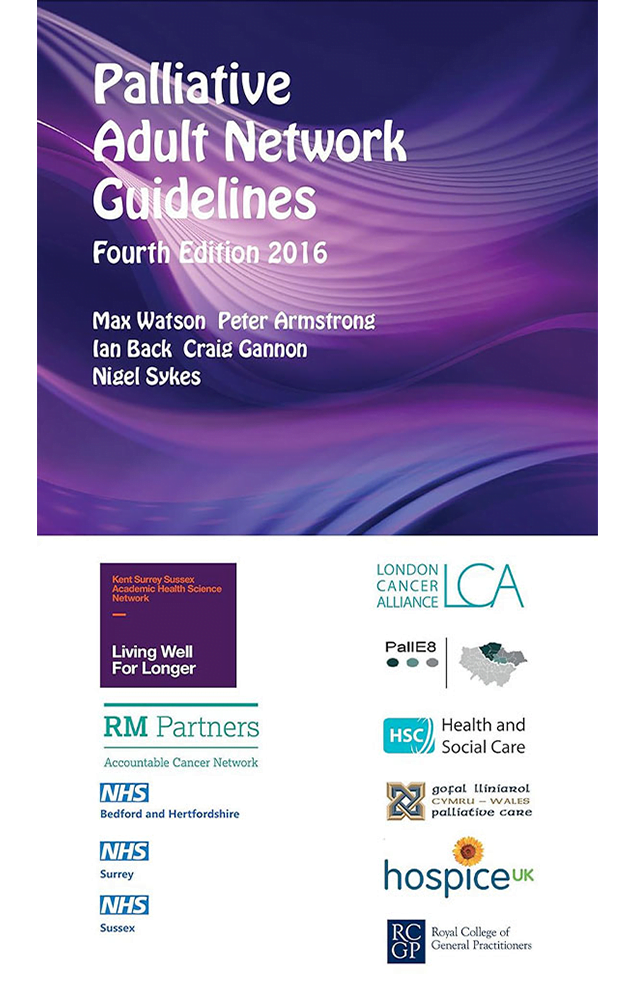
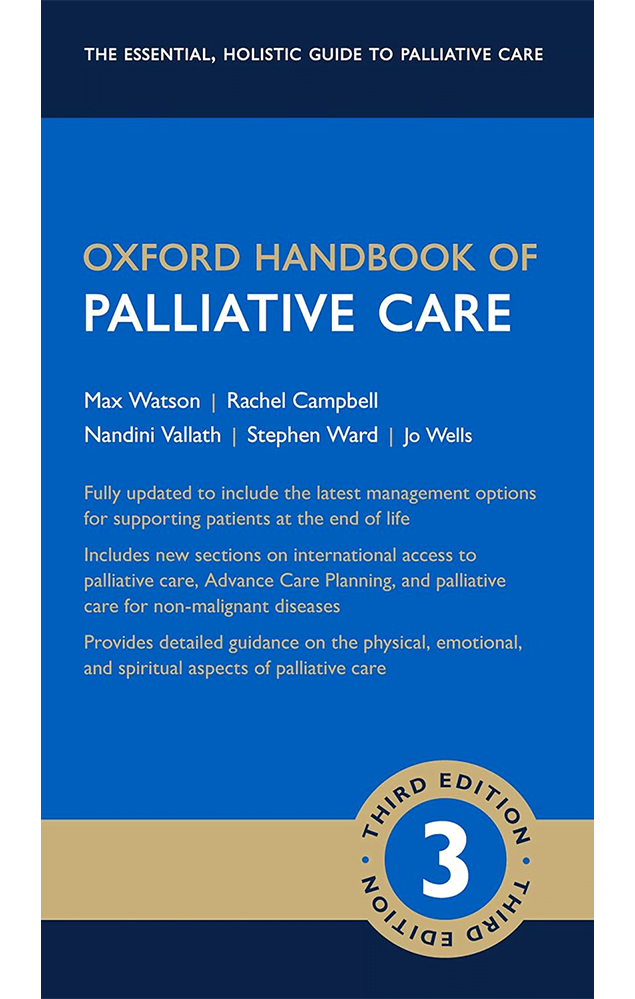
Factual
Oxford Handbook of Palliative Care – Max Watson, Stephen Ward, Nandini Vallath, Jo Wells, Rachel Campbell
The Oxford Handbook of Palliative Care returns for a third edition, maintaining the concise yet comprehensive format suited to the busy practitioner for quick access to key information, and fully updated to reflect changes in the palliative care landscape.
Featuring an increased emphasis on non-malignant diseases such as dementia, this authoritative text combines evidence-based care with the bedside experience of experienced palliative care professionals to give the reader a complete overview of the physical, emotional, and spiritual aspects of care for the end-of-life patient. Symptom management is covered in detail, with updated formulary tables and syringe driver protocols, and a new chapter on international perspectives to broaden the reader’s perception of methods for delivering end-of-life care.
The third edition of the Oxford Handbook of Palliative Care is the essential companion for all of those working with adults, children, and families with palliative care needs, in both hospital and community settings.
(Description taken from Amazon)
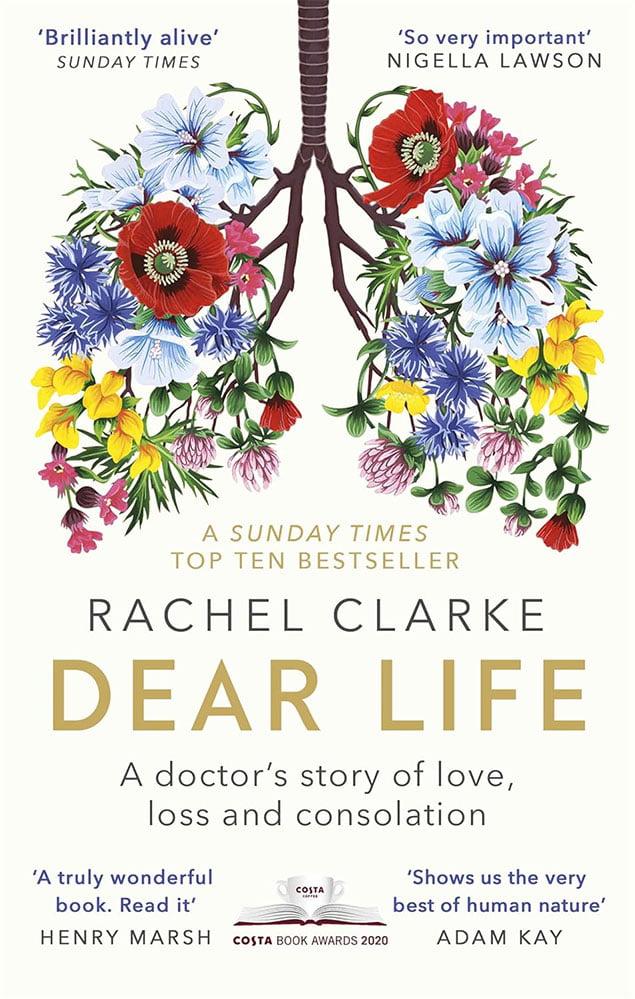
Prose
Dear Life: A Doctor’s Story of Love, Loss and Consolation – Rachel Clarke
From the Sunday Times bestselling author of Your Life in My Hands comes this vibrant, tender and deeply personal memoir that finds light and love in the darkest of places. As a specialist in palliative medicine, Dr Rachel Clarke chooses to inhabit a place many people would find too tragic to contemplate. Every day, she tries to bring care and comfort to those reaching the end of their lives and to help make dying more bearable.
Rachel’s training was put to the test in 2017 when her beloved GP father was diagnosed with terminal cancer. She learned that nothing – even the best palliative care – can sugar-coat the pain of losing someone you love. And yet, she argues, in a hospice, there is more of what matters in life – more love, more strength, more kindness, more joy, more tenderness, more grace, more compassion – than you could ever imagine. For if there is a difference between people who know they are dying and the rest of us, it is simply this: that the terminally ill know their time is running out, while we live as though we have all the time in the world.
Dear Life is a book about the vital importance of human connection, by the doctor we would all want by our sides at a time of crisis. It is a love letter – to a father, to a profession, to life itself.
(Description taken from Amazon)
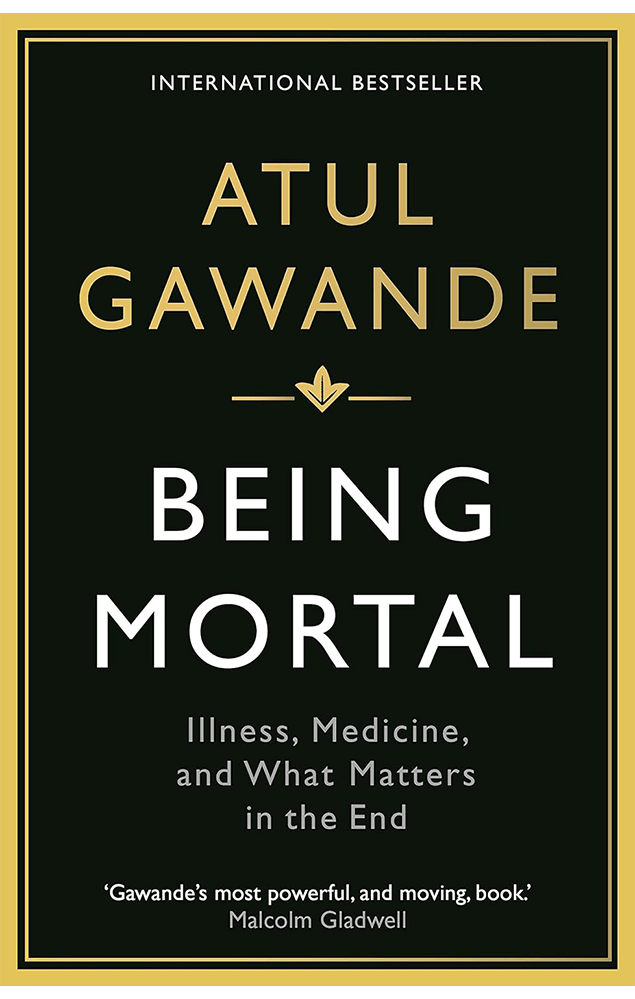
Prose
Being Mortal – Atul Gawande
For most of human history, death was a common, ever-present possibility. It didn’t matter whether you were five or fifty – every day was a roll of the dice. But now, as medical advances push the boundaries of survival further each year, we have become increasingly detached from the reality of being mortal. So here is a book about the modern experience of mortality – about what it’s like to get old and die, how medicine has changed this and how it hasn’t, where our ideas about death have gone wrong. With his trademark mix of perceptiveness and sensitivity, Atul Gawande outlines a story that crosses the globe, as he examines his experiences as a surgeon and those of his patients and family, and learns to accept the limits of what he can do.
Never before has aging been such an important topic. The systems that we have put in place to manage our mortality are manifestly failing; but, as Gawande reveals, it doesn’t have to be this way. The ultimate goal, after all, is not a good death, but a good life – all the way to the very end.
Published in partnership with the Wellcome Collection
(Description taken from Amazon)
Prose
With the End in Mind – Kathryn Mannix
Told through a series of beautifully crafted stories taken from nearly four decades of clinical practice, her book answers the most intimate questions about the process of dying with touching honesty and humanity. She makes a compelling case for the therapeutic power of approaching death not with trepidation but with openness, clarity and understanding.
With the End in Mind is a book for us all: the grieving and bereaved, ill and healthy. Open these pages and you will find stories about people who are like you, and like people you know and love. You will meet Holly, who danced her last day away; Eric, the retired head teacher who, even with Motor Neurone Disease, gets things done; loving, tender-hearted Nelly and Joe, each living a lonely lie to save their beloved from distress; and Sylvie, 19, dying of leukaemia, sewing a cushion for her mum to hug by the fire after she has died.
These are just four of the book’s thirty-odd stories of normal humans, dying normal human deaths. They show how the dying embrace living not because they are unusual or brave, but because that’s what humans do. By turns touching, tragic, at times funny and always wise, they offer us illumination, models for action, and hope. Read this book and you’ll be better prepared for life as well as death.
(Description taken from Amazon)
